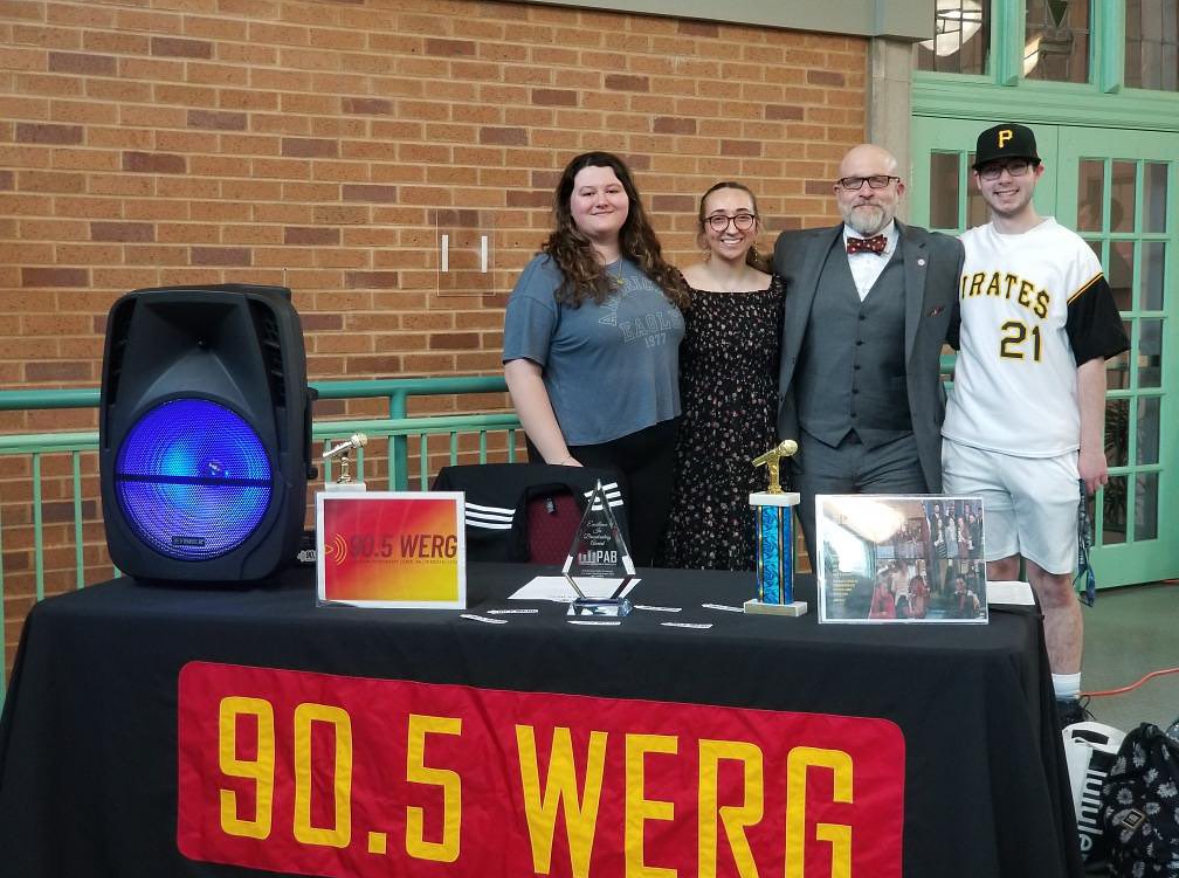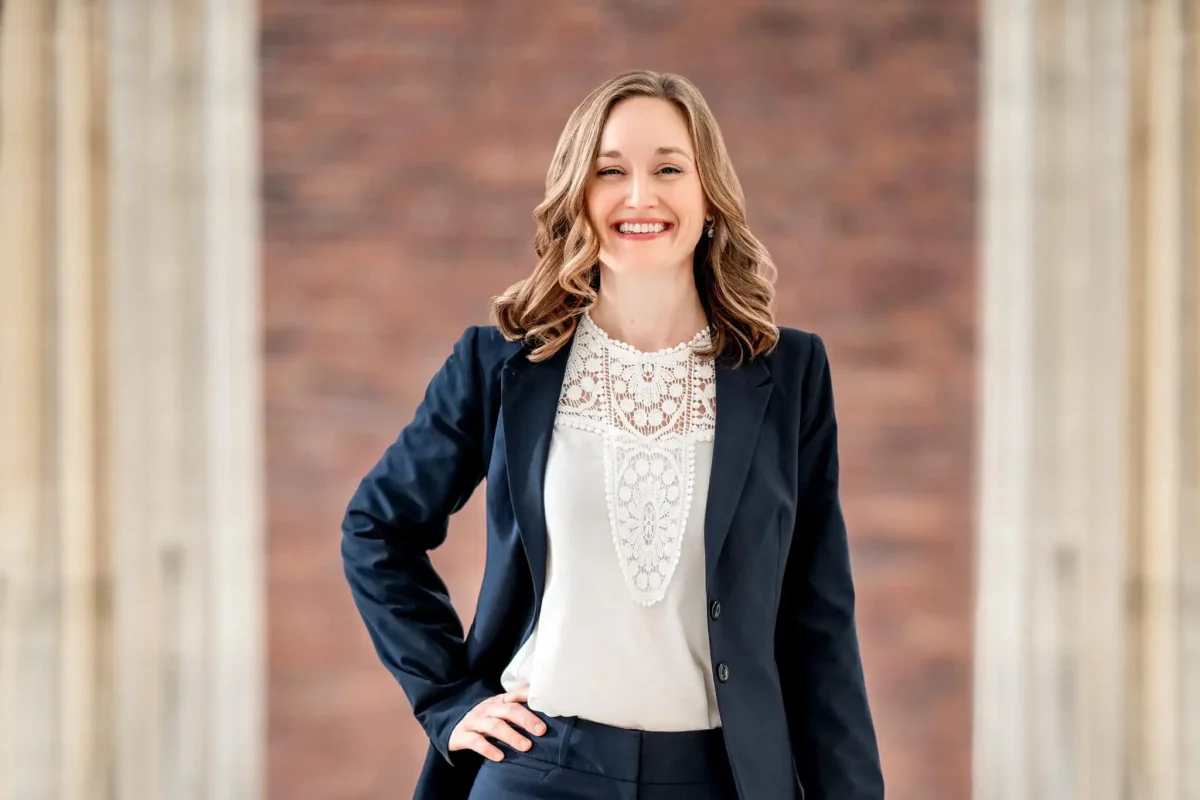Life after college isn’t something that every student is prepared to think about, but it is a reality. For those students who have a post-graduate lifestyle right around the corner, many options may be available.
One of the most popular options for students with an undergraduate degree is the next and final step in their education – graduate school.
Graduate school, for the students who consider it, is either a necessity or just an obvious decision.
Andrea Carnicella, a Gannon University graduate student, will graduate with a Master of Public Administration degree in May. For Carnicella, graduate school was a necessity. Carnicella said that her Bachelor of Arts degree in political science that she also obtained from Gannon won’t do much in the job market in her particular field.
With her master’s degree, Carnicella hopes to obtain employment in the public realm of either government or nonprofit agencies.
“I always knew I needed to go to grad school,” she said. “There’s not much you can do with a bachelor’s in political science. Political science is the theory, while public administration is the practice.”
Carnicella, who is from Hollidaysburg, Pa., chose to stay at Gannon for her M.P.A. after taking a public administration course during her last semester as an undergraduate which she said she enjoyed.
“Staying at Gannon was the most efficient way for me to get my degree in the shortest amount of time,” she said.
Carnicella said she believes that it’s important to continue one’s education after getting an undergraduate degree because it keeps students competitive when they look for jobs.
“More and more, people are getting advanced degrees to keep up with the job market,” she said. “You really do need those higher degrees to get the top jobs.”
Carnicella’s biggest piece of advice for future college graduates is to not put off graduate school if they’re considering it even a little bit.
“Do it as soon as possible, because once you put it off, the chances of you going back are slim to none,” she said.
Patti Oligeri, data specialist for Gannon’s Graduate Admissions Office, said that in addition to researching all available graduate school options, she also advises researching the demand for jobs and the job placement rates in one’s particular field of interest.
She also said to evaluate long-term personal and career goals and determine the best time to attend graduate school.
Gannon has more than 25 graduate degree programs, and Oligeri said the popularity ranges. She also said that the Master of Education in Curriculum and Instruction, Master of Business Administration and health sciences have always been popular choices.
Some of the commonly considered factors include the program availability, accreditation of programs, research opportunities and graduate assistantships, the distance from home, tuition and the job placement rate.
While the graduate admissions process may appear to have a simple format to some, for others, it is challenging. Steph Lohr, a senior psychology major, will graduate in May with a Bachelor of Arts in psychology.
Lohr wants to do research in the area of social and developmental fields and said that for her major, graduate school is necessary.
“You can’t get a good-paying job with just a bachelor’s in psychology,” she said. “You essentially have to have a specialty.”
For Lohr, the graduate admissions process has been rough. She has applied to 15 schools and has been turned down by 10. For the remaining five, she’s had two in-person interviews, one over the phone, and is waiting to hear back from the other two.
Lohr said that with such a competitive field of interest, all people must fend for themselves.
“The waiting in limbo is what is really killing me,” she said. “It’s really hard to legitimately not know what I’ll be doing in the next six months, since my future sits in the hands of graduate schools deciding whether to accept me.”
Lohr’s grand plan is to eventually teach at the undergraduate level with a Ph.D. She said that obtaining a Ph.D. in psychology could take anywhere from five to seven years of research.
Lohr has spent more than $1,000 in application and travel fees to visit and interview at various graduate schools, which stretch all over the nation from Philadelphia to Iowa.
“I’m really willing to relocate and go anywhere,” she said. “The B.A. is just the stepping stone to get anywhere else. I just need the opportunity to make that first step.”
Lohr’s advice to students who are considering graduate school is to do all the research and everything else sooner than you think you’d have to.
“Do your own research and work, because no one is going to do it for you,” she said.
Patricia Oligeri, data specialist for Gannon’s Graduate Admissions Office, said she believes it is important to go to grad school because now – more than ever – the job market is extremely competitive.
“It is important for students entering the job market to gain competitive skills and experience,” she said. “Graduate school not only is a great place to cultivate academic skills, but is also a wonderful opportunity to gain guided work experience through internships, research placements and graduate assistantships.”







